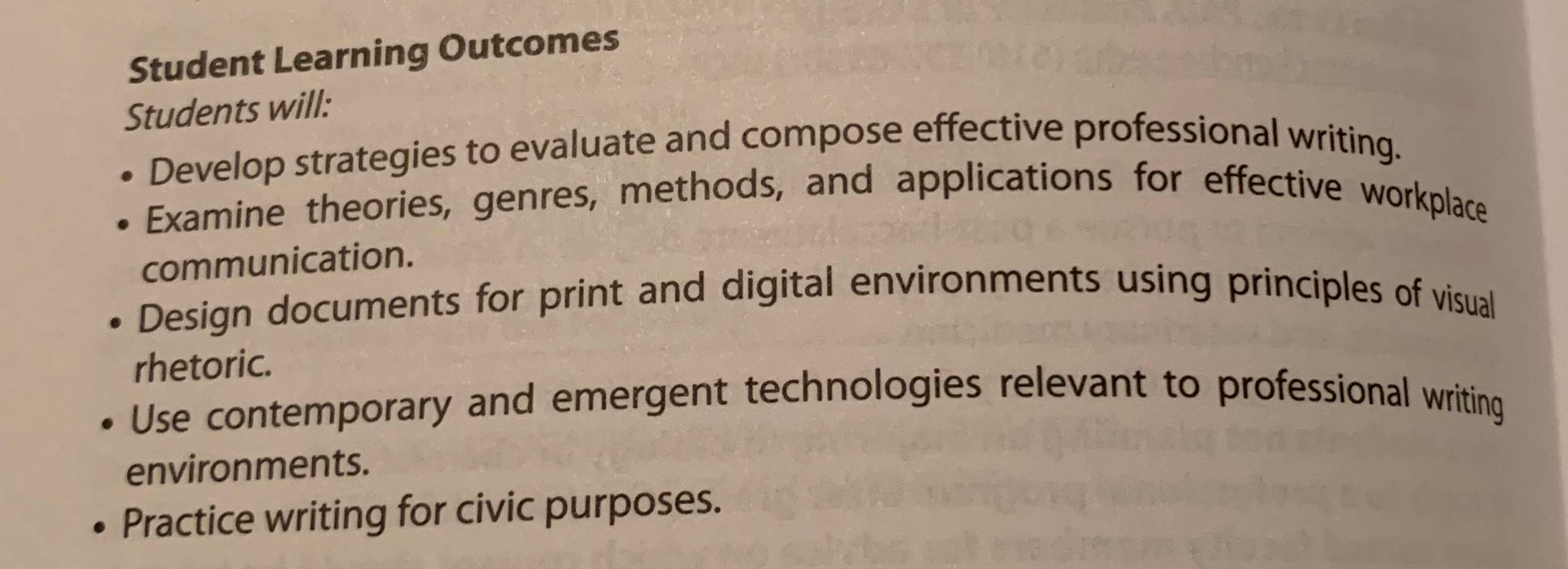Katherine Gemmingen, Head Copyeditor
Images from Katherine Gemmingen
In 2017, when I started at McKendree University, the PWR program had two full-time professors; now, there is just one part-time professor. Each year that I’ve attended McKendree has seen the program’s staff dwindle as the program fades away. To this I say, RIP PWR.
For those of you who have never heard of PWR or perhaps have heard of it but are unaware of what it means, PWR stands for Professional Writing and Rhetoric, which is one of the programs offered here at McKendree as both a major and a minor. According to McKendree’s 2017/2018 Undergraduate Catalog, “the mission of this program is to develop students as rhetorical thinkers and effective professional writers in print and digital environments.”
Listed under the program description for PWR in the same course catalog are a number of “Student Learning Outcomes,” which include:
- Develop strategies to evaluate and compose effective professional writing.
- Examine theories, genres, methods, and applications for effective workplace communication.
- Design documents for print and digital environments using principles of visual rhetoric.
- Use contemporary and emergent technologies relevant to professional writing environments.
- Practice writing for civic purposes.
Essentially, the program is designed to give students the necessary skills to effectively communicate in writing across all career fields. I personally feel like many of the courses offered in the PWR program could easily be used as general education requirements because they are applicable to all types of workplaces. PWR is extremely useful, and yet the program is slipping into oblivion. What happened? Sure, it may not be the most exciting of programs, but it certainly is one of the most valuable, regardless of future career plans.

I think a lot of people hear that the word “writing” is in the name of this program, and they think that all we do is write essays. The reality is that we focus on professional writing, which everything from memos, press releases, and instruction manuals. For instance, we had a project in one of my PWR classes where we had to submit instructions and pictures for an online manual.
In one of my PWR classes, we created online portfolios for ourselves, and while it was a lot of work, the result was a polished deliverable that I can still use today. In another, we researched grants and wrote mock grant proposals, which was another tedious but valuable task.
As students, we are not privy to the inner workings of the academic programs at McKendree, but we do hear things. I am in no way advocating speculative journalism, but I cannot help but to mention that I have heard rumors about what went wrong, including one that claims the professors who were previously running the program felt unsupported by the administration and criticized by other academic departments. Again, I state this not to claim it as fact, but merely as the reflection of how strange it is to have a program like PWR fall apart. The program has had decent numbers of students as majors or minors (including myself), and the courses offered have been some of the most developed I’ve taken.
Maybe I hold the PWR program so close to my heart because it is how I got involved with the Review. During the fall semester of my second year at McKendree, I was taking an editing class for a PWR credit. The professor, Dr. Jenny Mueller, recommended me to Gabe Shapiro, who is the advisor for the Review. I owe my position as Head Copyeditor at least partially to the PWR program.
PWR is still an ongoing program at this time, but I fear that its time is almost up. Some of its required courses are no longer being offered for a number of reasons, and with no full-time professors, the program seems to lack any advocates wishing to save the program. What began as an incredibly useful, cross-cutting program has dwindled away, and it truly is a shame. RIP PWR, it was nice knowing you.
Katherine, it’s great to hear that the PWR program helped you develop such valuable skills. I’m sure you will put them to good use in your career and life.
Katherine, the English department is definitely looking on how we can keep the program alive in some way without the faculty to have quite as many classes. All best, Brenda Boudreau
Thanks for this article, Katherine!
Note to readers: the Editing for Publication class that Katherine references (now ENG 340) is still being offered and will run this fall. Another class, ENG 331: Literary Magazine Editing, offers hand-on writing, editing, and publication experience to interested students.
I luckily got the chance to have a PWR minor due to someone accepting my minor form without knowing that they shouldn’t have! My catalogue year (2018-2019) still shows the PWR major and minor on it, and I got to make my own minor, essentially. I am grateful for that chance, because I feel learning about professional writing can better round me out as a writer (I didn’t choose creative writing as a minor because I already have the tools for such writing). However, the headache I went through to fight for that minor was nauseating and I feel for everyone else who has gone through similar trifes.